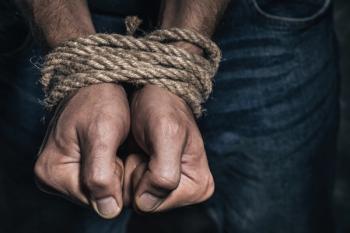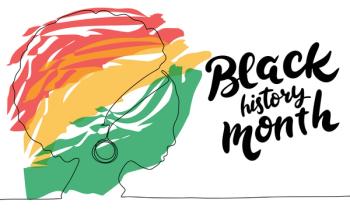
Celebrating Shabbosgiving
You may have heard of Thanksgivukkah—but here is a new American-Jewish tradition for consideration.
HOLIDAY TRADITIONS
In this series, Holiday Traditions, we asked clinicians to share their favorite holiday traditions from both past and present. Here’s how they answered.
Chances are, you have never heard of Shabbosgiving—yet you may know of “Thanksgivukkah,” which entered the lexicon in 2013, when Hanukkah and Thanksgiving coincided. That coincidence last occurred in 1888. Had Thanksgiving become an official American holiday in 1861—rather than in 1863—Americans could have laid claim to another Thanksgivukkah. But we cannot turn back time to reclaim something that never was, and that will not occur again in our lifetimes.
Shabbosgiving, on the other hand, can occur annually, rather than once every 133 years (or more). Those numbers alone support my celebrating Shabbosgiving, even if it is not a holiday for everyone. And then there is the added convenience, as I shall explain below.
As a physician and a psychiatrist, I devote my weekdays to treating patients via telemedicine. On weekends and other holidays, I (or my covering doctor) field phone calls for emergency refills, questions about unexpected adverse effects, or—G-d forbid—suicidal thoughts or new-onset psychosis. There is only 1 day a year when the telephone stops ringing and emails come to a standstill, and that day is Thanksgiving—a day that almost all Americans observe.
I am not protesting my stringent schedule, for it is something that I signed on for. However, besides being a doctor, I am also an author who, like virtually all authors, always feels like I am behind the 8 ball, pushing deadlines to avoid overdue articles, completing chapters for outstanding book contracts, and cocooning new ideas that will soon need urgent attention.
And that is where Shabbosgiving comes in.
If I shift Turkey Day to Friday, aka “Erev Shabbos” in my lexicon, and substitute turkey for the traditional Sabbath chicken, I can make more use of these 2 days of the year. I must prep for Shabbos on short autumnal Friday afternoons regardless—yet there is no law that commands me to celebrate Thanksgiving on a Thursday.
By freeing up Thursday, I win an extra writing day, uninterrupted by the other obligations I mentioned above. An extra writing day, especially 1 that occurs in the stillness of the post-harvest season, feels like a place in paradise. Luckily, my family shares those values, and prefers to write and work on that Thursday and to save full-scale celebrations for Shabbos, which begins shortly before sundown on Friday afternoon.
Of course, not everyone in America shares my lifestyle or my professional obligations, so this strategy—or my priorities—will not apply to everyone. Still, I am guessing that someone, somewhere, forgot to defrost the Thanksgiving turkey in time for Thursday (or did not know that a 12-pounder needs 72 hours post-fridge time, plus hours of extra prep time on the day of) and therefore might also appreciate a postponement of Thanksgiving celebrations for the next day.
So, by switching Thanksgiving for Shabbosgiving, celebrating the secular holiday on late Friday afternoon as the sun sets, and lighting candles as Shabbos starts, the day’s designated cook (mostly me) earns an extra day of defrosting—and writing—and perhaps a higher place in heaven. And thus, I set Shabbosgiving as my new American-Jewish tradition.
A longer version of this article was originally published by
Dr Packer is an assistant clinical professor of psychiatry and behavioral sciences at Icahn School of Medicine at Mount Sinai in New York, NY.
Do you have a favorite tradition or activity that you enjoy with your loved ones during the holidays? If so, write to us at
Newsletter
Receive trusted psychiatric news, expert analysis, and clinical insights — subscribe today to support your practice and your patients.







